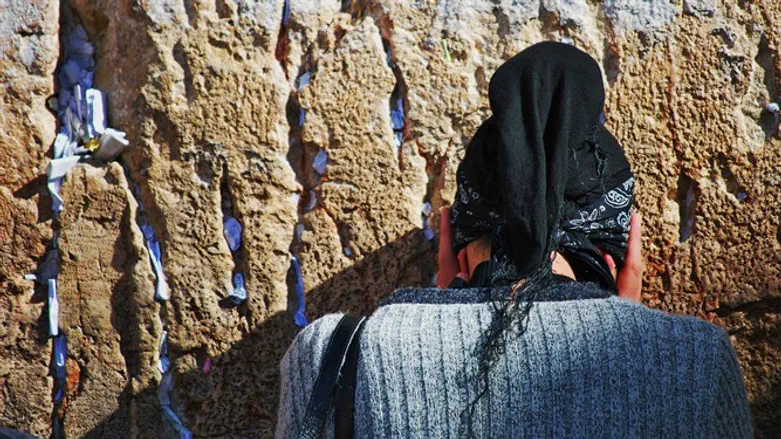
A Jewish woman from a remote village in Georgia who is married to a non-Jew and was baptized with her children into Christianity turned to the Rabbinical Court and demanded that she be identified as a Jew.
She said that she has maintained a Christian lifestyle all her life and has refused to undergo a halakhic process of returning to Judaism, as is customary for every Jew who converted to another religion and wants to return to Judaism.
The Regional Rabbinical Court rejected her request to register as a Jew so that she could immigrate to Israel under the Law of Return and decided not to allow her to undergo a ceremony of return to Judaism, as she continues to lead a Christian lifestyle and continues to live with her Christian husband.
The woman appealed to the Great Rabbinical Court, which was faced with the complex and thorny issue of defining Jewishness for a woman born to a Jewish mother, but who in practice converted to Christianity and lives with her Christian husband.
Members of the Great Rabbinical Court, the rabbinical court judges Rabbi Eliezer Igra, Rabbi Aharon Katz and Rabbi Shmuel Shapira sat for a long time on the matter and eventually published a 46-page halakhic ruling that delves into halakhic and legal history on the definition of Jewishness.
Ultimately, the Rabbinical Court decided to accept her appeal and instruct the Interior Ministry to register her as a Jew, despite the fact that the Law of Return states that it does not apply to one who has converted voluntarily and one who is of another religion.
The ruling extensively reviews the issue of intermarriage from the times of Ezra and Nehemiah and the immigrants of Babylon who arrived in Israel, to the immigrants of our time. The ruling also refers extensively to the issue of assimilation throughout history and up to the present day.
Based on dozens of halakhic authorities and sources starting from the Shulchan Aruch, through the Rishonim and Acharonim and authorities of our time, the court decided that "1. The applicant is a Jew and not a different religion. 2. The law applying to the appellant is like that applying to a baby who grew up among gentiles, and she does not need to accept mitzvot and immerse in a ritual bath. 3. Even so, we must demand that she make a commitment not to go to church and, upon her arrival in Israel, that her and her children's connections be with Jews and not with Christians. 4. Following this commitment, the court will instruct the Interior Ministry to register the applicant as a Jew, and this is her legal status.”